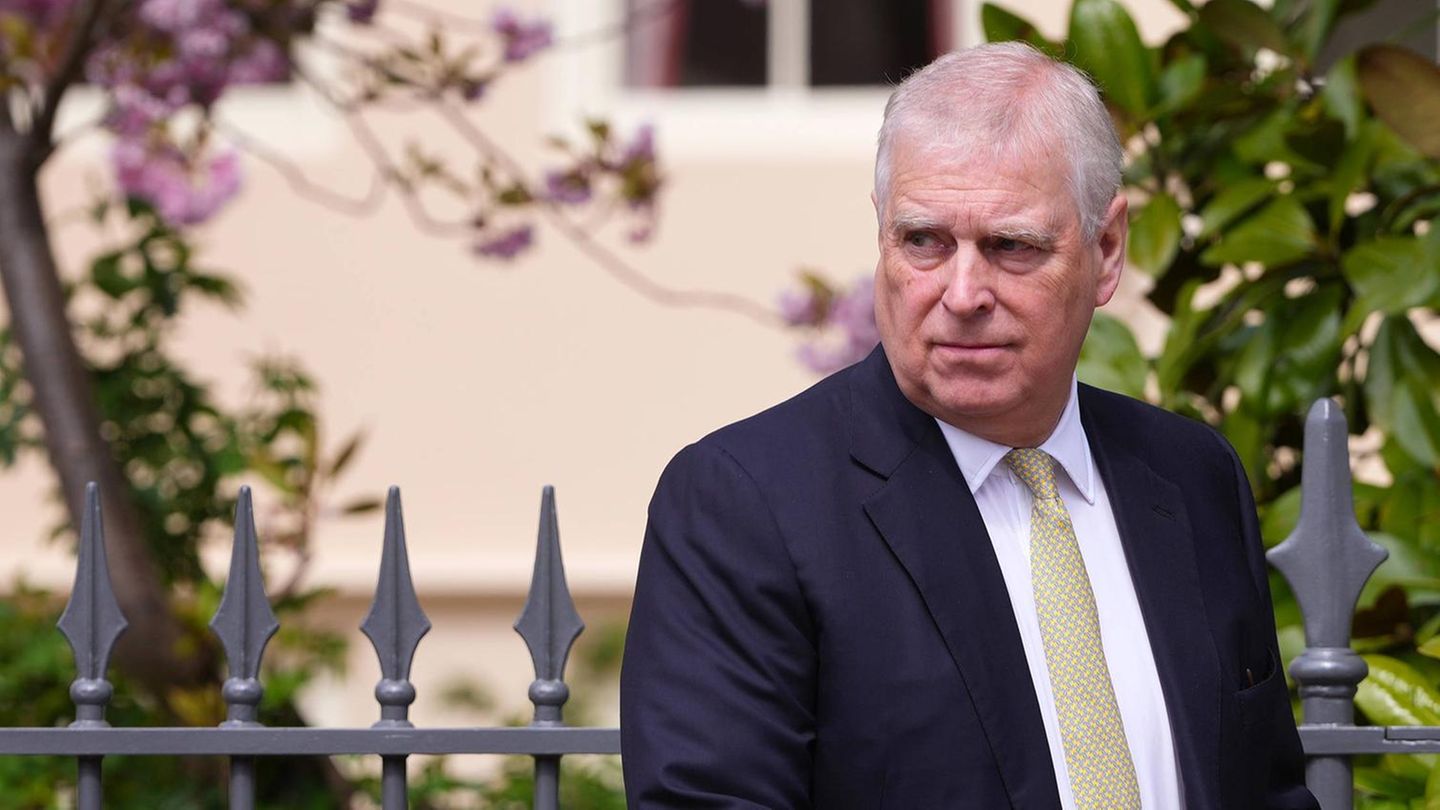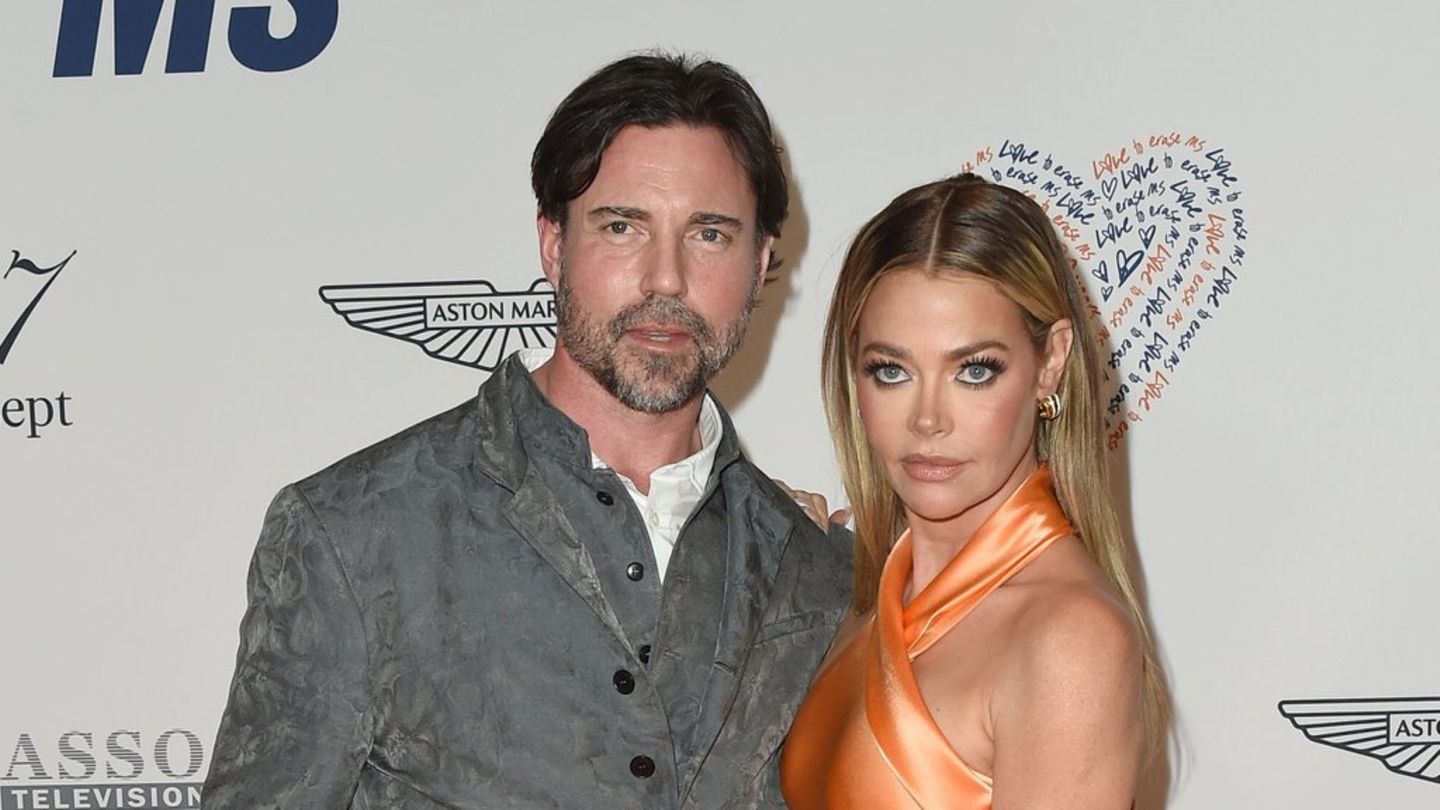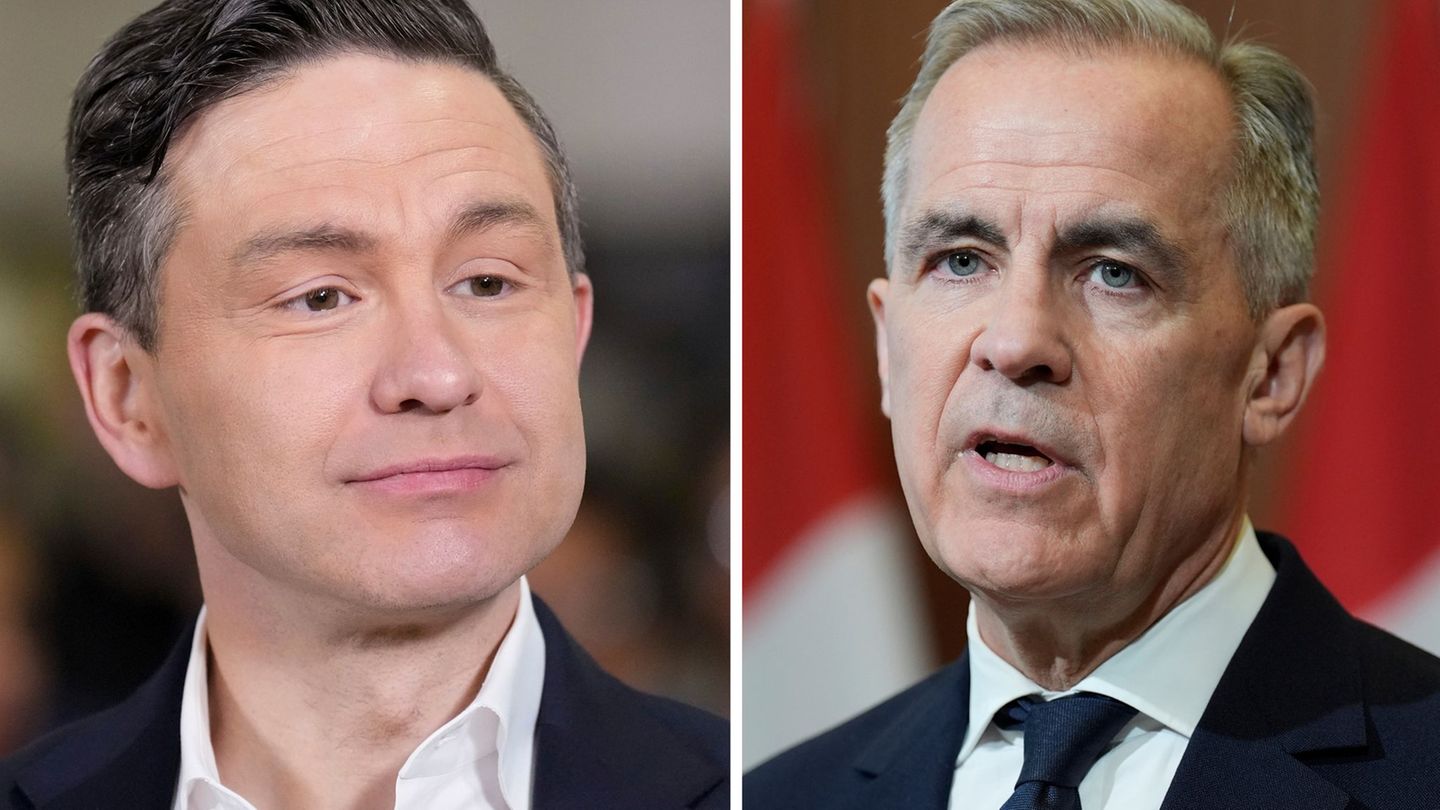I have been working in the news industry for over 6 years, first as a reporter and now as an editor. I have covered politics extensively, and my work has appeared in major newspapers and online news outlets around the world. In addition to my writing, I also contribute regularly to 24 Hours World.
Menu
Second largest country on earth: under pressure Trump – Canada chooses a new parliament
Categories
Most Read
The situation at a glance: The big question marks after the Zelensky-Trump meeting
October 18, 2025
No Comments
After meeting with Trump: Zelenskyj on Tomahawks: Trump said neither no nor yes
October 18, 2025
No Comments
Drone sightings: Survey: 79 percent in favor of shooting down illegal drones
October 18, 2025
No Comments
The situation at a glance: More suspected hostage bodies handed over to Israel
October 18, 2025
No Comments
Sentenced to prison: Trump reduces Santos’ sentence – ex-MP is released
October 18, 2025
No Comments
Latest Posts

Prince Andrew’s deep fall: what does giving up his titles mean?
October 18, 2025
No Comments
questions and answers Prince Andrew has given up his titles – what does that mean? Copy the current link Add to watchlist Prince Andrew was

Denise Richards: Estranged husband arrested in courtroom
October 18, 2025
No Comments
Lisa HarrisI am an author and journalist who has worked in the entertainment industry for over a decade. I currently work as a news editor

The widow’s pension is offset against your own pension
October 18, 2025
No Comments
retirement How is the widow’s pension offset against your own pension? Copy the current link Add to watchlist When your life partner dies, your income
24 Hours Worlds is a comprehensive source of instant world current affairs, offering up-to-the-minute coverage of breaking news and events from around the globe. With a team of experienced journalists and experts on hand 24/7.

